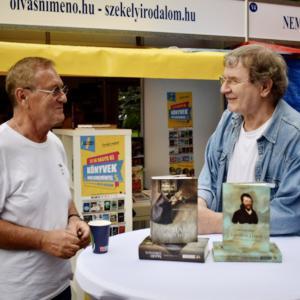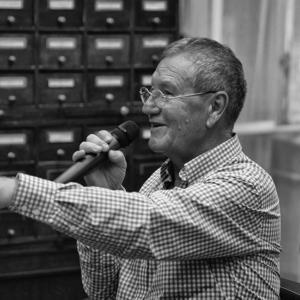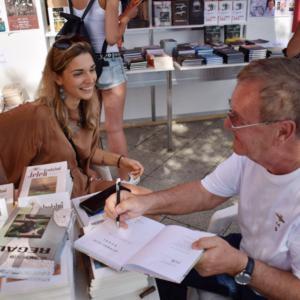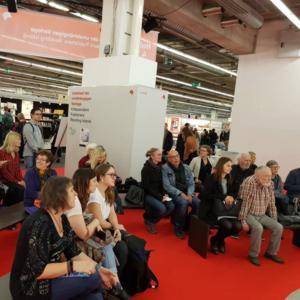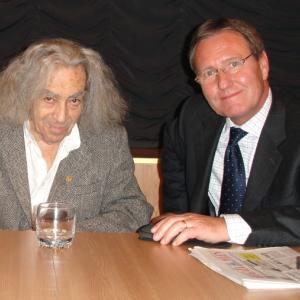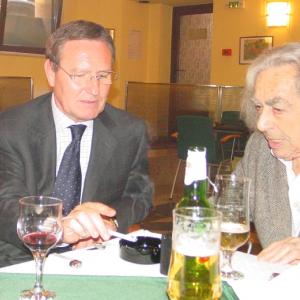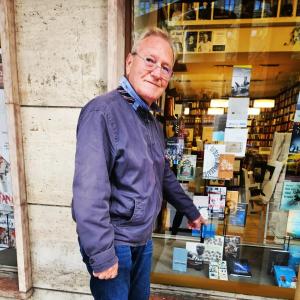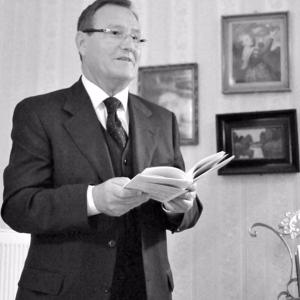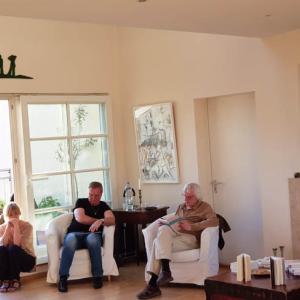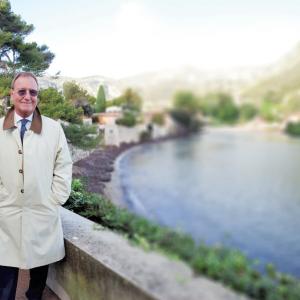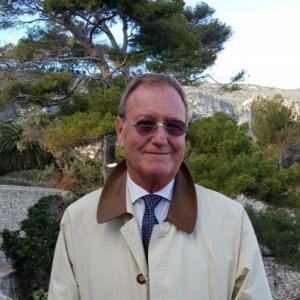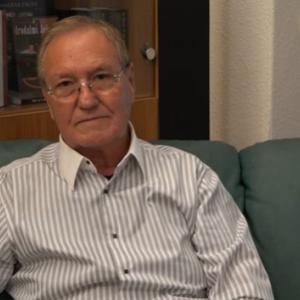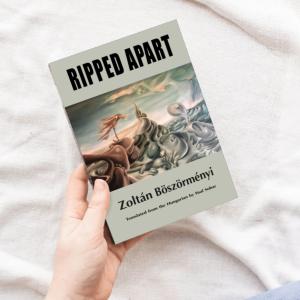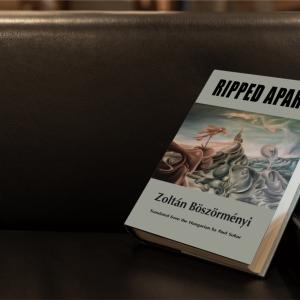
Not a Smooth Success Story
Interview with Zoltán Böszörményi by Jozsef Hevesi Monár Nyugati Jelen
You are already a well-known public figure from earlier, very thorough interviews. But to many of us out here in the hinterlands there is something missing from the picture. The intangibles. A more complete image of Zoltán Böszörményi the man, the way he comes home, smiles, greets others or starts arguing (with thunder and lightning).
Yes, you’re right. Quite a few people see me as a strange, mystical, Utopist figure.
And yet I am an ordinary mortal like anyone else. Life has burdened me with a lot of faults, but the Lord has also blessed me with some talent. That’s how He tried to counterbalance the load of faults.
It was twelve years ago that I returned from Canada to Arad of Transylvania to “seek my fortune”. Ever since then I’ve been telling my friends, my colleagues and my associates that worthwhile results can only be achieved with self-discipline, willpower and intelligent effort. Unfortunately, the message doesn’t seem to get through to most people. That’s why they regard me a man of fury, full of thunder and lightning. They don’t seem to understand I thunder for their own good and not against them. My colleagues in my factories and newspapers offices who have spent some time working with me on a day-to-day basis have already learned, or are in the process of learning, that sooner or later I will notice those who do their work with proper discipline, great effort and unreserved attention, and those people will receive their rewards. And I do mean sooner or later, because so often the workplace is the hotbed of gossip and office politics. And it should be of no consolation to anyone that this practice prevails all over the world – and I’m talking from my own experience; after all, I spent 8 years working in Canada.
And I can experience the ill-effects of this “practice” on my own skin.
It is already widely known I’ve been living in Monaco for the past five years. That’s where I sought “retreat” for several reasons. At first I simply found it very exotic. In the second year of my residence I saw investment opportunity in real estate there. (Which indeed paid off.) Later, as I explored the French Riviera, got a taste of its mystery, experienced its miracles, I got stuck there.
Where does Zoltán Böszörményi feel truly at home?
As long as I don’t have communication problems I can feel good any place. I feel especially at home where I have my books around me. I’ve set up a library in Toronto, Monaco, Budapest, Bucharest, and Arad. And of course, I feel at home wherever I have friends, people I know, business associates, and business interests.
Your career sounds like a smooth success story so far. All “veni, vidi, vici”. Is that true?
Only from the outside. Like every success story, mine has its sinus curve, too; it has its ups and downs, its hills and dales. No doubt about it; what I’ve accomplished in the past 12 years with the help the Good Lord and with the persistent effort of my associates, is an exceptional achievement... I revolutionized light bulb manufacturing in Romania… I can take pride in the fact that Luxten is among the first five firms worldwide in the field of public lighting systems… In my factories 2500 families receive their well-deserved livelihood… But it would be very difficult to recount all the twists and turns of these achievements in terms of a smooth success story. Every great battle or war requires its sacrifices, sweat, patience, will power, discipline, and ample investment of work. My success story is the series of such battles and wars. And the process is not over yet.
In the meantime your poetry has gained greater depth, more complex system of ideas. I can’t help but wonder what you’d be like now if you’d stayed in Arad? And where do you stand as a poet in your estimation? What’s your Ars Poetica?
It’s no surprise to me I have not become one of the most important poets so far. Poetry, like any other profession, requires 100% dedication. One cannot pursue poetry just on weekends and evenings. Poetry is only worth doing if one can devote three hundred and sixty-five days of the year and twenty-four hours of every day to it, living it all the time. A true poet writes poetry even in his sleep. Recently I’ve tried to allow myself more time for poetry, reading it and writing it. And the results show it. Who knows, eventually I may be able to create something noteworthy.


